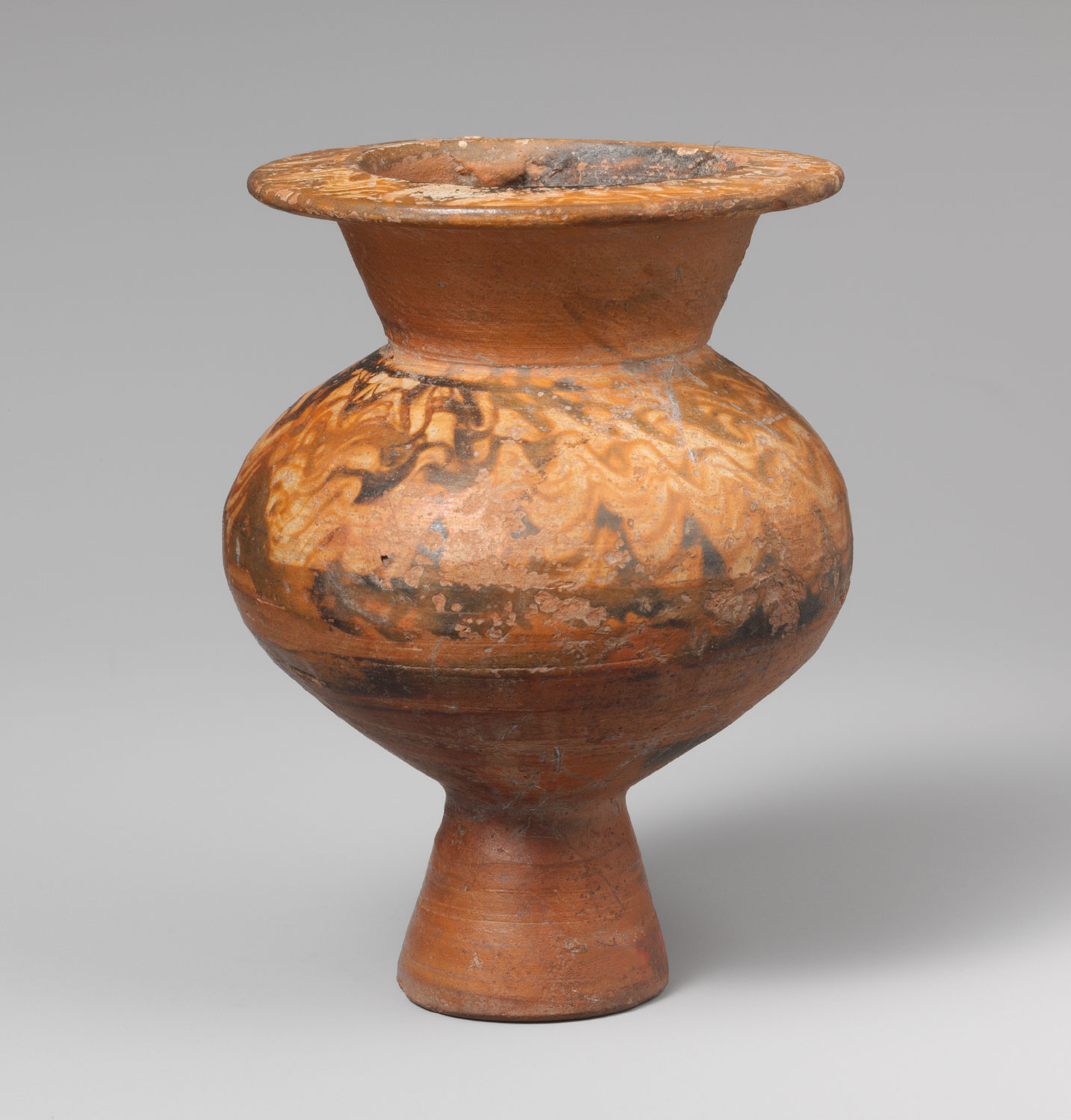The Humanities program at Davidson College originated in 1962 as a two-year course which chronologically advanced through the Western canon. By contrast, the Humanities program today is a one-year course, which is neither organized chronologically nor focused on the Western canon. Instead of being a comprehensive exposure to Western philosophy and literature, it focus in detail on several artifacts and their associated texts with an overarching theme of revolution. Why was the content of this program changed, and what are the effects of this change? Could the “new Humes” of the past couple years be considered revolutionary? To answer these questions, I conducted a series of interviews with people involved with the Humanities program: Professor Scott Denham, who was one of the key faculty in changing the program as well as its current director, Melissa Pelczynski, my mother and an alumni who was part of the Humes program while she was a student at Davidson, and Haley Hamblin, who was both a student in the old Humes and a fellow in the new Humes. Here are selected excerpts from those interviews.
Dr. Denham on the origins of the old Humanities program:
Ms. Pelczynski on her experience in the old Humanities program:
Ms. Pelczynski on the old Humanities program’s focus with Western civilization:
Dr. Denham on the process of renovating the Humanities program, and the goals of said renovation:
Ms. Hamblin on her experience and involvement in that process:
Ms. Hamblin on her experience as a fellow in the new Humanities program:
Dr. Denham disagreeing with the idea that changes in the Humanities has caused the tradition of Western focus to be lost:
Dr. Denham on how the Humanities course now focuses on depth into specific topics instead of breadth of the general field (other changes mentioned in the full interview were the refutation of the progress narrative and how units are now more personalized to the teachers):
Ms. Pelczynski on the changes made to the content of the Humanities course, which parts of the program may have been lost and what the program may have gained:
Ms. Hamblin on how she believes the changes to the Humanities course have made it fundamentally different from what it once was:
Dr. Denham on the difficulties of preserving the current incarnation of Humanities course in the future:
For further reading about the recent revolution in Humanities program, see this research paper made last year by Addie Woods analyzing the course’s syllabus over the past couple decades:
